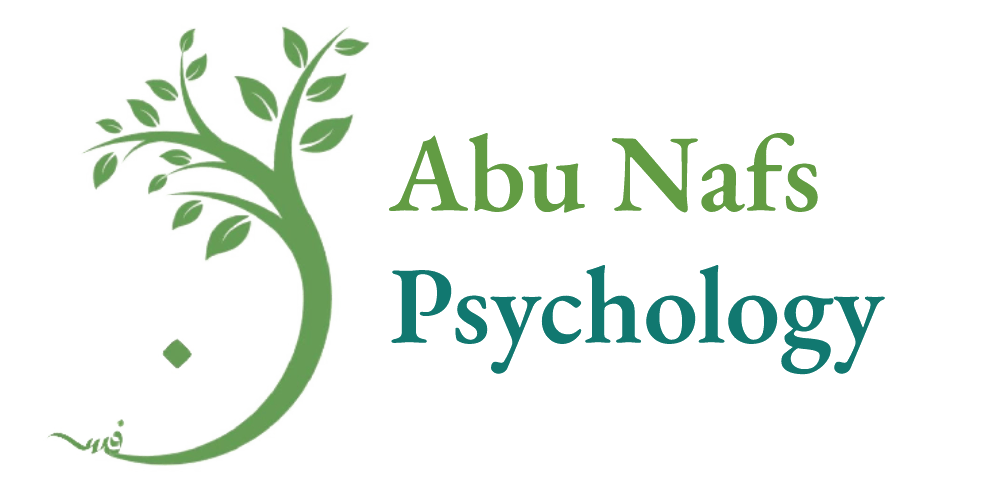Attention-Deficit/Hyperactivity Disorder (ADHD) is often associated with children, but it’s essential to recognize that it can persist into adulthood. Unfortunately, many adults with ADHD remain undiagnosed, leading to significant challenges in various aspects of their lives. By shedding light on the symptoms and unmasking adult ADHD (and the importance of seeking timely diagnosis) we can provide a path towards better understanding and support for those affected.
- Understanding Adult ADHD: Adults with ADHD may exhibit different symptoms compared to children, making it more challenging to recognize. While hyperactivity might lessen with age, adults often experience persistent inattention, impulsivity, and difficulties in organizing tasks. They may struggle with time management, maintaining focus on important tasks, and face challenges in maintaining relationships or meeting work demands.
- The Masking Effect: Many adults with ADHD develop coping mechanisms over time to mask their symptoms. They might internalize their struggles, leading to feelings of inadequacy or low self-esteem. Masking can make it difficult for others to recognize the condition, resulting in delayed diagnosis and treatment. So let’s unmask ADHD in adulthood.
- Impact on Daily Life: Undiagnosed adult ADHD can significantly impact various aspects of life. Individuals may face work-related issues such as missed deadlines, inconsistent performance, or difficulties in handling complex tasks. In personal relationships, ADHD symptoms can lead to forgetfulness, frequent arguments, or difficulty in managing household responsibilities.
- Seeking Professional Assessment: Recognizing the symptoms of adult ADHD is the first step, but seeking professional assessment is crucial for a definitive diagnosis. Consulting a mental health professional, such as a psychiatrist or psychologist, experienced in diagnosing ADHD is vital. These specialists use comprehensive evaluations, including clinical interviews, questionnaires, and behavioral assessments, to make an accurate diagnosis.
- Unmasking Your History: To aid in the diagnosis, individuals should provide a comprehensive history of their symptoms and experiences. Documenting past difficulties with attention, organization, impulsivity, and hyperactivity can assist the healthcare provider in making an informed assessment.
- Coexisting Conditions: Adults with ADHD may also have coexisting conditions like anxiety, depression, or substance use disorders. A thorough evaluation helps identify any additional challenges, enabling a more holistic approach to treatment.
- Benefits of Diagnosis and Treatment: Early diagnosis and appropriate treatment can significantly improve the quality of life for adults with ADHD. With proper support and intervention, individuals can learn effective coping strategies, improve focus and organization, manage impulsivity, and enhance their overall well-being.
- Holistic Management Approach: ADHD management often involves a combination of treatments. This might include medication, psychotherapy (such as cognitive-behavioral therapy), lifestyle modifications (e.g., exercise, sleep, and nutrition), and support groups. Tailoring the approach to individual needs is key to success.
In conclusion, recognizing the symptoms of adult ADHD and seeking timely diagnosis is crucial for improving the lives of those affected. Unmasking the challenges faced by adults with ADHD can lead to better understanding and support from both themselves and those around them.
With professional assessment and a holistic management approach, individuals can unlock their true potential, thrive in their personal and professional lives, and find the support and strategies needed to manage their ADHD effectively.

